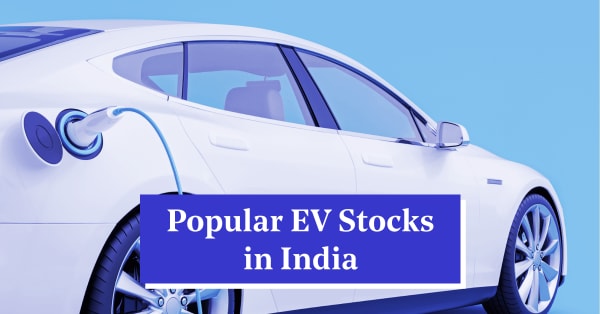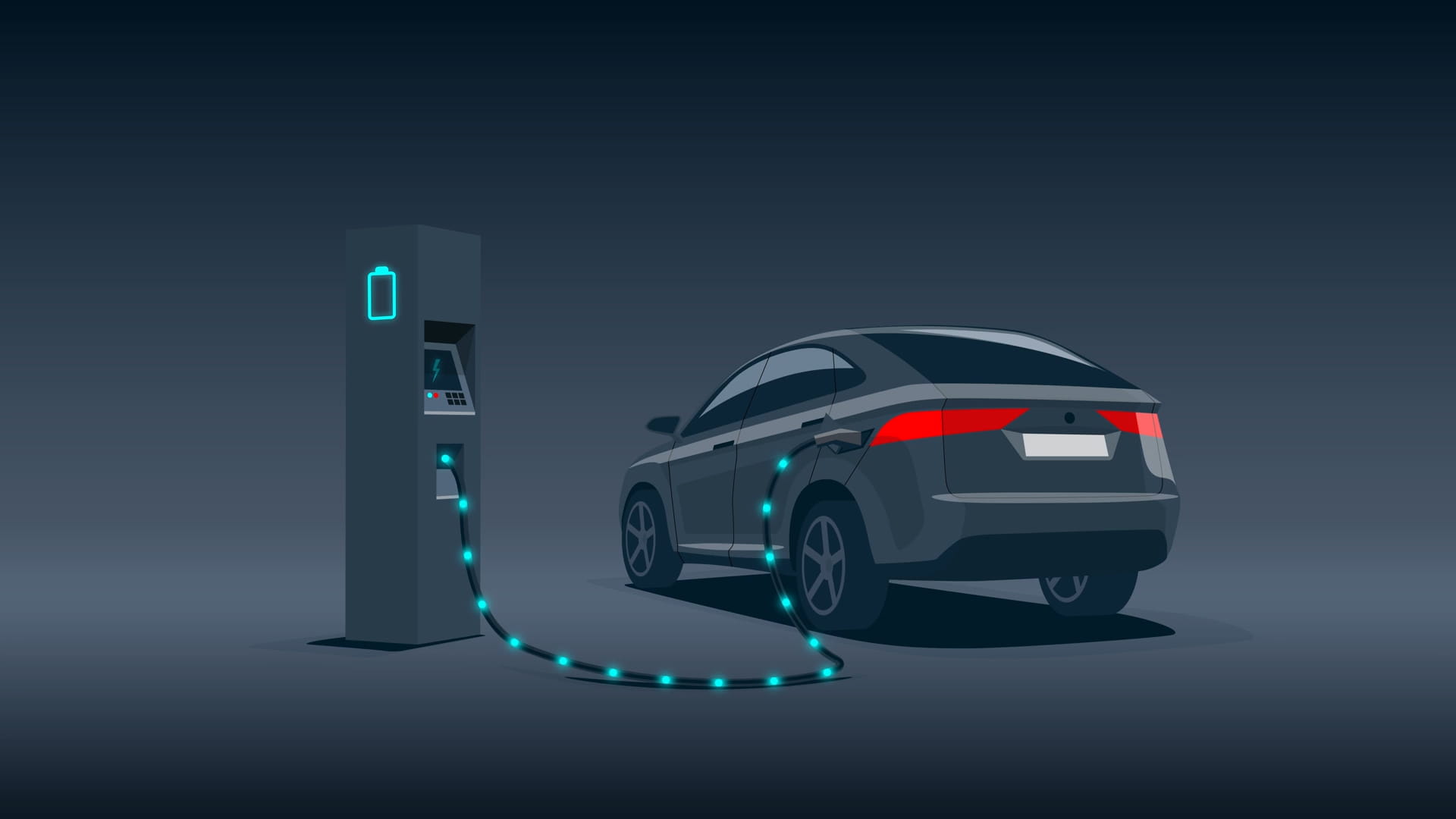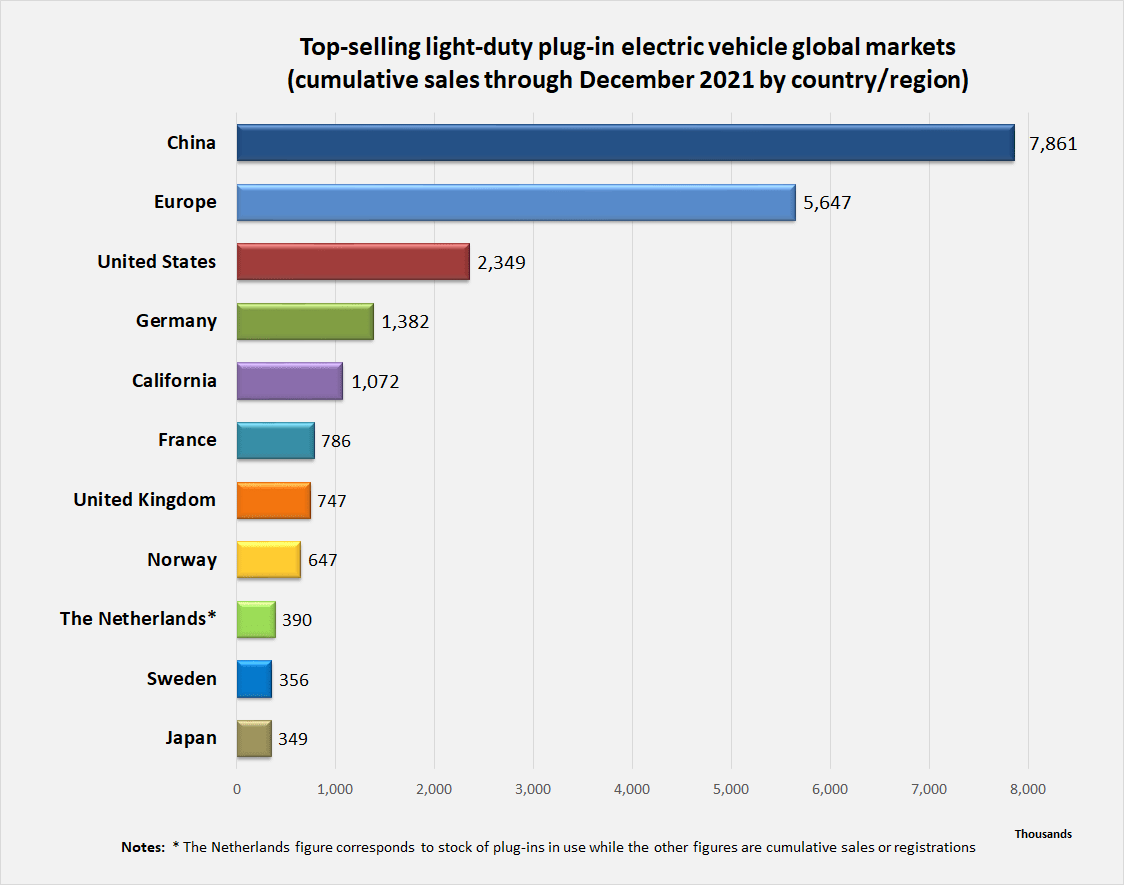Electric Vehicle Revolution in India: A Comprehensive Overview of Leading Companies and Market Trends
India, the world's second-most populous country, is poised to play a significant role in the global electric vehicle (EV) revolution. With a growing focus on environmental sustainability and ambitious government targets, the EV market in India is expected to witness exponential growth in the coming years. This article aims to provide a comprehensive overview of the best electric vehicle companies in India, examining their strengths, market strategies, and the broader market trends shaping the industry.

Leading Electric Vehicle Companies in India
1. Tata Motors

Tata Motors, a subsidiary of Tata Group, is one of the pioneers in the Indian EV space. The company launched India's first electric car, the Tata Indica EV, in 2008. Today, Tata Motors offers a range of electric vehicles, including passenger cars, SUVs, and buses. With its strong brand presence and distribution network, Tata Motors holds a significant market share in the Indian EV market.
2. Mahindra & Mahindra
Mahindra & Mahindra is another leading player in the Indian EV market. The company entered the EV space in 2010 with the launch of the e2o electric car. Mahindra & Mahindra's electric vehicle portfolio includes passenger cars, commercial vehicles, and three-wheelers. The company has partnered with Ola Electric, one of India's largest ride-hailing companies, to provide electric vehicles for its fleet.
3. BYD

BYD, a Chinese electric vehicle manufacturer, entered the Indian market in 2013. The company offers a wide range of electric buses, trucks, and passenger cars. BYD is known for its advanced battery technology and has established a strong presence in the Indian public transportation sector
4. Hyundai Motor India
Hyundai Motor India, the Indian subsidiary of Hyundai Motor Company, launched its first electric vehicle, the Kona Electric, in 2019. The company plans to expand its EV portfolio with the introduction of new models in the coming years. Hyundai Motor India is leveraging its global expertise and innovation to drive growth in the Indian EV market.
5. MG Motor India
MG Motor India, owned by the SAIC Motor Corporation, entered the Indian market in 2019 with the launch of the ZS EV. The company has since introduced the MG Gloster and MG Astor hybrid variants. MG Motor India is focusing on offering affordable and feature-rich electric vehicles to cater to the growing demand in the Indian market.
Market Trends Driving EV Adoption in India
1. Government Policy Support: The Indian government has implemented a series of policies to promote the adoption of electric vehicles. These include subsidies, tax incentives, and infrastructure development initiatives.
2. Increasing Environmental Awareness: Consumers in India are becoming increasingly aware of the environmental benefits of electric vehicles. The rising concerns over air pollution and climate change are driving demand for EVs.
3. Falling Battery Costs: The cost of lithium-ion batteries, a key component of electric vehicles, has been declining steadily over the past decade. This cost reduction is making EVs more affordable for consumers.
4. Technological Advancements: The Indian EV market is witnessing continuous advancements in battery technology, charging infrastructure, and vehicle performance. These advancements are enhancing the driving range, efficiency, and convenience of electric vehicles.
5. Infrastructure Development: The Indian government and private players are investing heavily in developing EV charging infrastructure. The availability of reliable and accessible charging stations is crucial for the widespread adoption of electric vehicles.
While the Indian EV market is poised for growth, it faces several challenges. These include:
* High upfront cost compared to conventional vehicles
* Limited range of electric vehicles
* Inadequate charging infrastructure
* Consumer perception and acceptance
Despite these challenges, the Indian EV market presents significant growth opportunities for electric vehicle companies. The government's supportive policies, increasing consumer awareness, and ongoing technological advancements are expected to drive the adoption of electric vehicles in the coming years.
The electric vehicle revolution in India is well underway, driven by a confluence of factors such as government policy support, environmental concerns, and technological advancements. Leading electric vehicle companies are vying to capitalize on this growing market, offering a diverse range of vehicles and leveraging innovative strategies. The future of the Indian EV market is bright, with potential for exponential growth and a shift towards a more sustainable and electrified transportation system.
